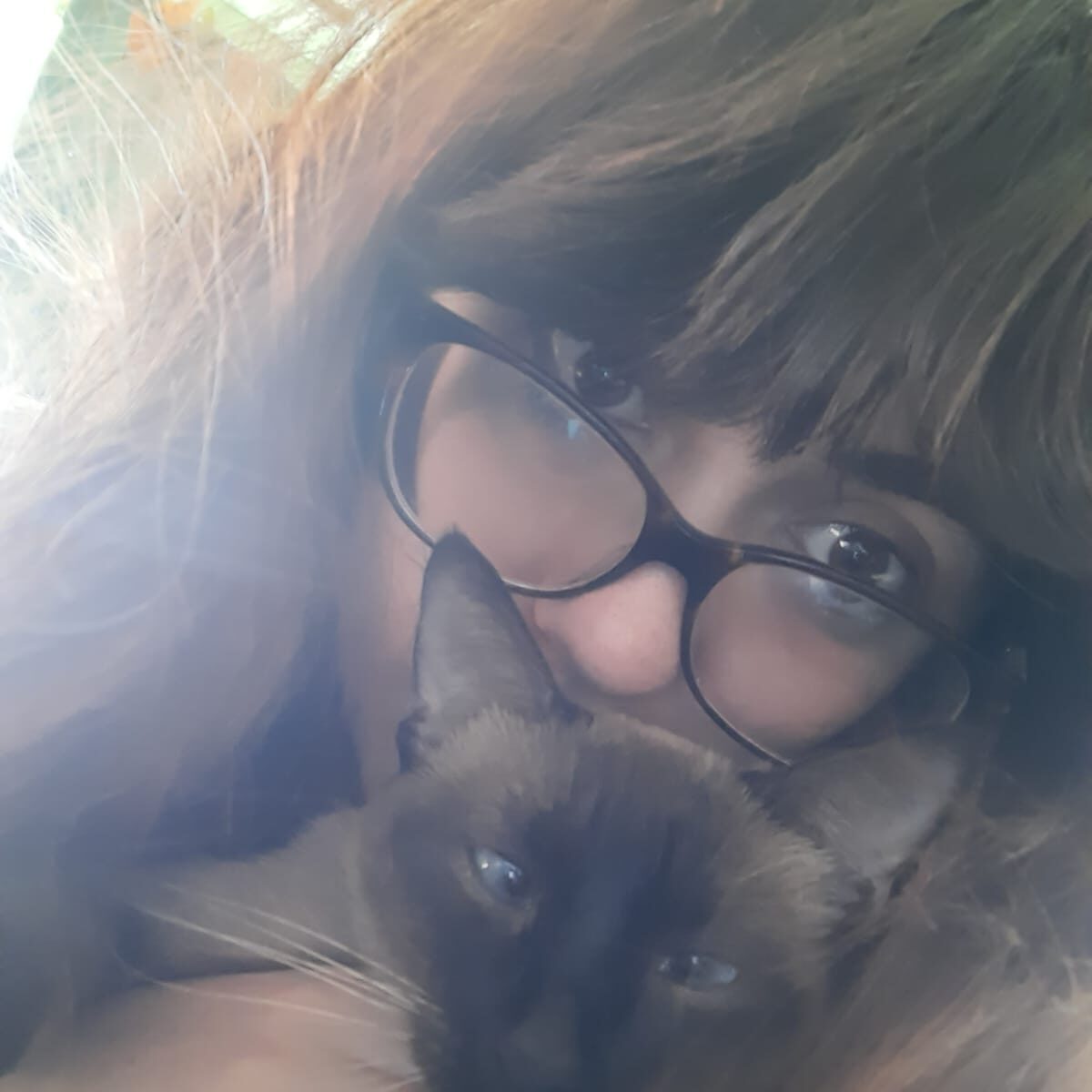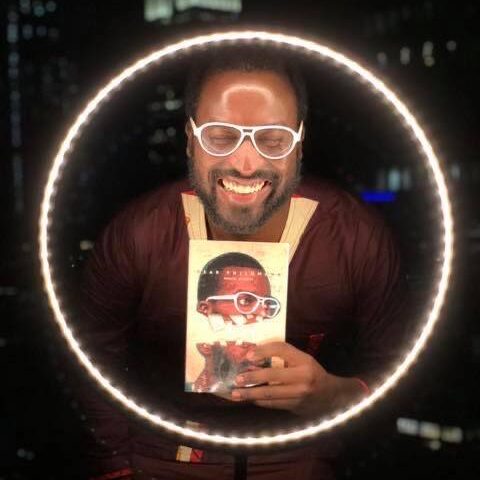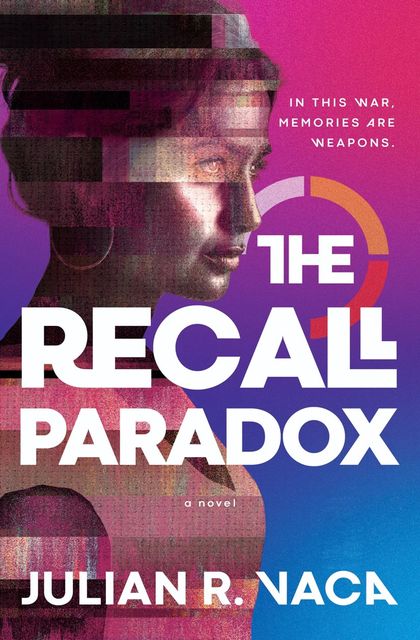
A place for stories about chronic illness, disability, mental health, and neurodivergence.
grief
-
 By AM Rodriguez
By AM Rodriguez“And yet sometimes, I feel cold./There’s a deep void in my chest/No matter how much I try, it remains bare.” In this poem, AM Rodriguez details what it’s like to struggle with depression and grief, even when the rest of the world appears full of light.
-
 By Allison Stalberg Siebens
By Allison Stalberg SiebensMemoirist and magical realism author Mugabi Byenkya writes for themselves. Or, more accurately, the angsty, confused, Black, Ugandan-Rwandan-Nigerian, disabled, queer, polygender, and neurodivergent little human they used to be and still are.
-
 By Allison Stalberg Siebens
By Allison Stalberg SiebensIn her book of essays, Bury My Heart At Chuck E. Cheese’s, author Tiffany Midge uses humor as an act of resistance and reclamation. While humor categories in traditional publishing are dominated by white authors, it’s high time Midge take her place as one of the funniest names in satire.
-
 By Allison Stalberg Siebens
By Allison Stalberg SiebensNo one understands why eighty-three-year-old Edna Fisher is the Chosen One, but Edna, armed with only gumption and knitting needles, leaps at the chance to leave the nursing home. We spoke with author E.M. Anderson about The Remarkable Retirement of Edna Fisher, mental health and invisible illness representation, and American white pelicans.
-
 By Allison Stalberg Siebens
By Allison Stalberg SiebensOlive Joshi has messed up big time. When she falls through a portal into her own abandoned story, Olive finds double suns scorching the earth, a brutal prince seeking power, and her heroine missing. We spoke with author Bridgette Dutta Portman about The Coseema Saga, the third book of which is out now.
-
 By Allison Stalberg Siebens
By Allison Stalberg SiebensWhen twenty-three-year-old surly (and slightly tipsy) Frankie finds her hag of a grandmother dead on the sofa, her best friend Ben introduces her to the magical underbelly of Aspen Ridge, Utah. We spoke to debut author Camri Kohler about her horrifying urban fantasy novel, Peachy.
-
 By AM Rodriguez
By AM Rodriguez“I think about ghosts and love./I think about haunted houses and empty spaces.” So begins AM Rodriguez’s ethereal poem, Ghosts, about the grief that haunts us, the longing we can’t escape, and a morbid curiosity the speaker can’t shake.
-
 By Julian R. Vaca
By Julian R. VacaAuthor Julian R. Vaca is back with the sequel to his YA dystopian debut, The Memory Index, in which alliances are made, memories disappear, and no one is who they seem to be. The Recall Paradox is out April 11, 2023.
-
 By Jess Barselow
By Jess BarselowGrief is a funny thing. It can be heart wrenching, devastating, or even performative. Jess Bareslow’s poem, free., details how hyperaware they were of how they needed to act after their father’s death.
-
 By Jamieson Wolf
By Jamieson Wolf“We were friendly with the dark.” So begins Jamieson Wolf’s To Thrive in Darkness, a short story where the characters live in a fictional labyrinth, but the narrator’s experiences with disability are strikingly similar to Wolf’s own experiences with multiple sclerosis and cerebral palsy.